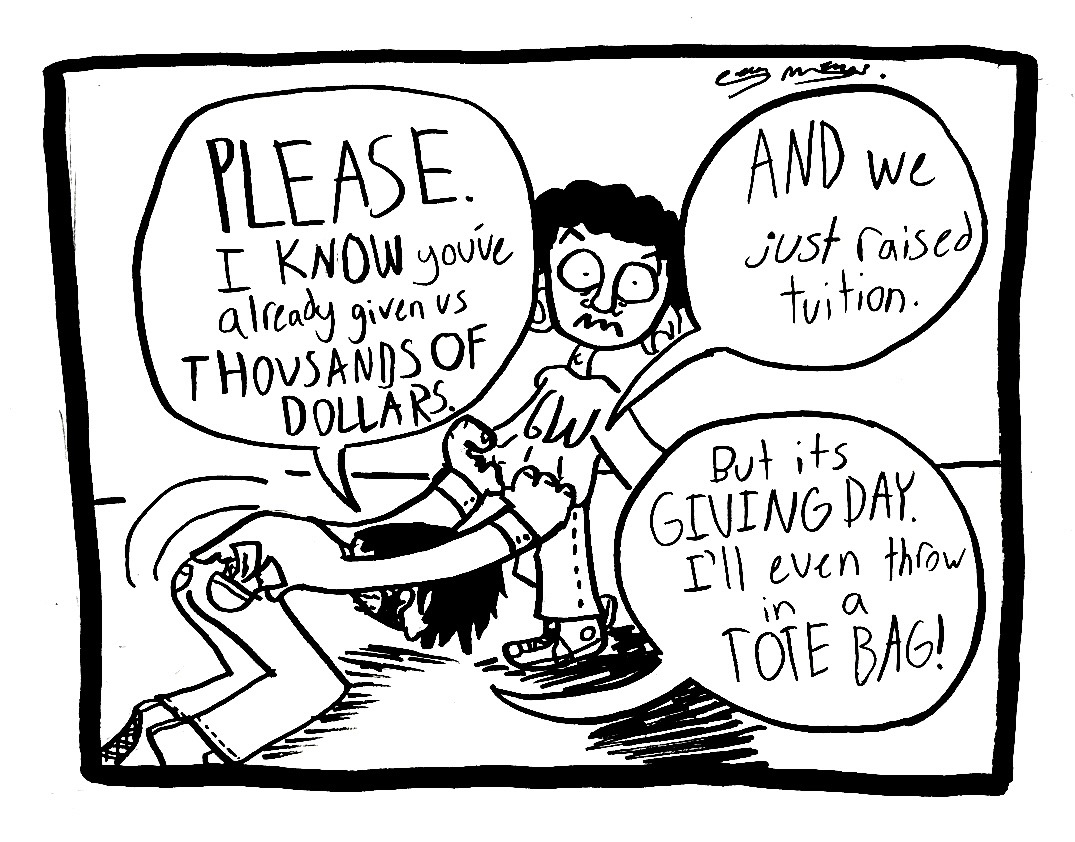The current economic crisis has focused much of the government and the media’s attention on how to keep homeowners in homes, investors in the stock market and bankers in the business of lending. Almost absent and yet equally important in this dialogue is the question of how to keep students in school.
For years, students from all economic backgrounds have been forced to turn to a predatory loan market because federal and institutional aid did not meet their costs of attendance. This industry has operated under a vicious logic: The poorer and less “creditworthy” you are, the higher your interest rates. Those who are the least able to pay for higher education are often either denied financing outright or are doomed to startlingly abusive interest rates that saddle them with a lifetime of debt.
The growing constriction of the credit markets has only made this problem worse. Students who once relied on this less than optimal resource to finance their education now find lenders denying lines of credit, increasing interest rates or abruptly changing lending practices to conform to harsh economic realities. In this instance, the free market has failed us and is in the process of disrupting access to higher education for the poorest and most vulnerable among us. This problem is serious and despite the gravity of all other challenges facing our broken economy, we cannot afford to ignore the very real threat posed to the future of so many young Americans and our democracy’s bedrock principle of equality.
Even as the recession deepens and middle-class families face greater challenges than ever before, tuition rates have continued to increase while institutional aid budgets have shrunk. As the National Center for Public Policy and Higher Education reported this year, this dangerous combination “threatens to put higher education out of reach for most Americans.” Though I applaud GW’s recent efforts to increase its financial aid budget, this problem is much bigger than any individual school. The price of a college education cannot continue to increase as the resources available to pay tuition decrease.
For these reasons, the GW College Democrats will lobby senators and representatives on Capitol Hill tomorrow and demand that the federal government begin a vast expansion of the federal financial aid budget while implementing new regulations on both the private loan industry and universities. Congress should move to implement innovative new programs to reward service with tuition benefits. The future of young Americans cannot be put on hold if this economic crisis is to truly be short-term.
The writer, a senior, is president of both the GW College Democrats and the D.C. Federation of College Democrats.
Readers can visit the Forum to comment on this op-ed.






